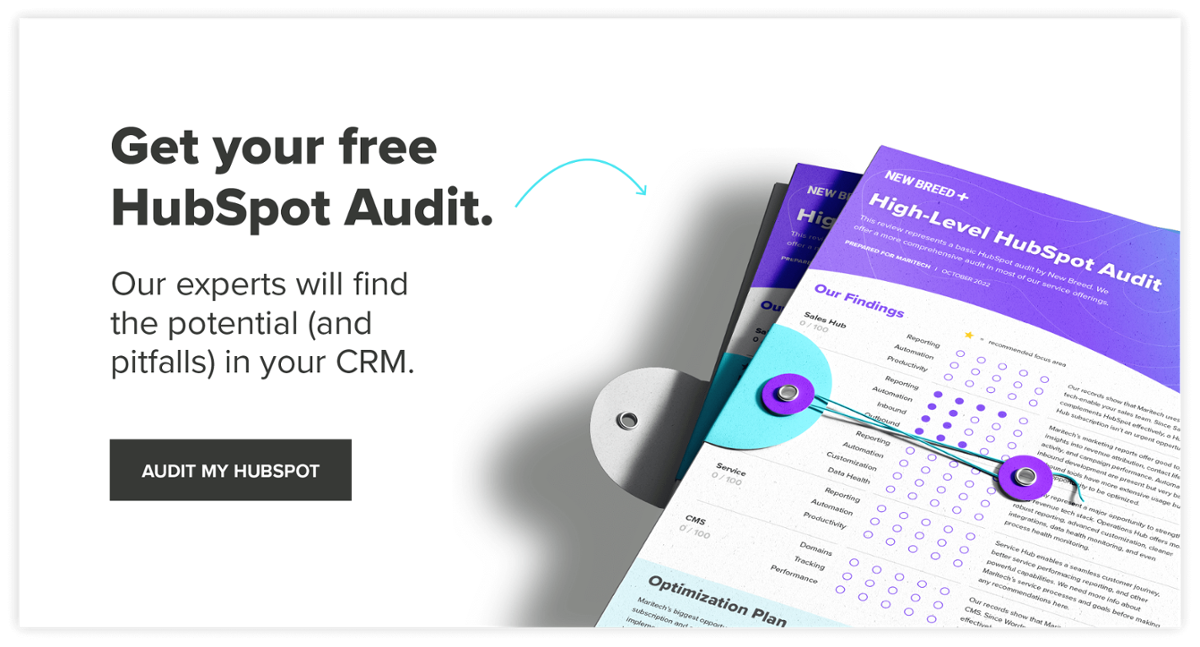Why Marketers Need to Use BI Tools to Make Data-Driven Decisions

Every post you read nowadays is about the difference between data and insight. You get it. Data is a deluge. Insight is a necessity. And getting the latter from the former is like pulling rabbits out of teeth. Or something like that. But we're ready to take a bold stance on the matter. You absolutely, one-hundred percent, no questions asked, need a BI tool if you want to leverage data in a meaningful way. And here's why:
You're Being Judged
Sorry. But we're all being judged. And today, more than ever, marketers are being judged on contribution to revenue. It can be nearly impossible to get to information that allows you to prove your role in the bottom line. If you don't have the right CRM and automation infrastructure in place, forget about it. Now, we want to be clear: a BI tool will not tell you "Here's your exact contribution to revenue." But it will make it exponentially easier to find that information — and having that capability will promote this type of analytic thinking throughout your organization.
You Need Realignment
The transparency provided by a BI tool that updates in real time is priceless. Allowing every contributor in your organization to visualize individual, team and business performance will help keep your marketing and sales teams aligned, a success which will propagate to your bottom line in unquantifiable ways.
You Can't Spell Insight Without "Sight"
Visualization is paramount; no one wants to pore through spreadsheets and numbers to interpret and derive meaning from data. BI tools make it easier to understand what’s going on at a glance, so you can take the insight and run.
You Need to Fill Time and Expertise Deficits
We've all done manual reporting. It's a time suck any way you cut it. Marketing teams have an additional challenge, which is that not only do they need to pull the reports, but they also need sort through them for meaning — not only to see if they're meeting their KPIs but also to form those significant KPIs in the first place. With a BI tool, you can fill the deficits in time that are caused by manual reporting, and make up for a lack of dedicated analytics expertise that can plague a marketing team.
The Truth is Out There
But you really need it all in one spot. People in your organization pull data from disparate sources, and even though they're looking for the same information, they find different information. At the end of the day, you need to be comfortable with a certain margin of error when it comes to reporting — but that margin shouldn't be massive, or massively influenced by the fact that you're pulling data from six different platforms.
BI tools can pull straight from CRM and marketing automation platforms and give you one source for all data you view.
Drilling is Required
Data should be used to raise questions and point out gaps. A good BI tool will let you drill into those questions so you can identify specific reasons why something is or is not working and craft potential solutions. You'll also gain better forecasting and a clear reference to goals so you can see movement over time and how actuals match up with objectives.
Data-Driven Strategies are Better with BI
Here's the bottom line: BI tools enable you to align your teams, trust your truth, see your contribution and get to the heart of the matter. Without a good intelligence tool, the "data-driven" part of your strategy — arguably, the basis for your strategy at all — will fall flat.
Guido Bartolacci
Guido is Head of Product and Growth Strategy for New Breed. He specializes in running in-depth demand generation programs internally while assisting account managers in running them for our clients.





